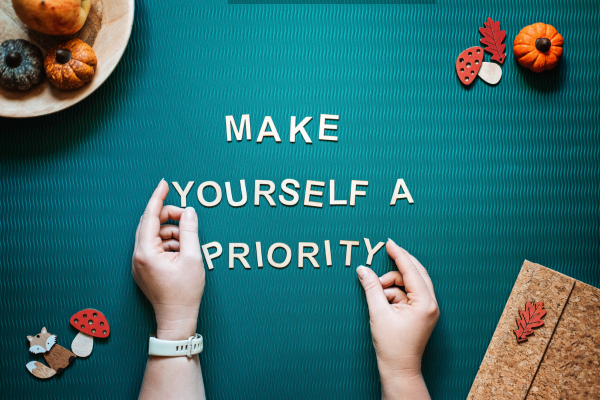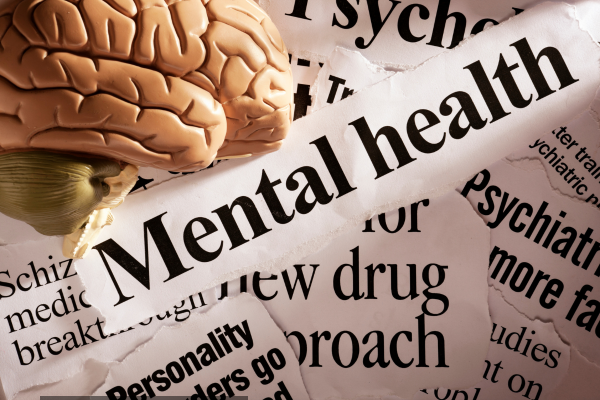Table of Contents
The Importance of Self-Care for Mental Well-Being
Self-care is crucial for maintaining mental well-being. It helps you manage stress and improves your overall quality of life. By prioritizing self-care, you take an active role in your mental health. This allows you to recharge and avoid burnout. It’s not about being selfish; it’s about survival.
Some key benefits of self-care include:
- Reduced Stress: Regular self-care can significantly lower stress levels.
- Improved Mood: Engaging in activities you enjoy boosts your mood and energy.
- Better Focus: Taking breaks improves focus and productivity.
Moreover, self-care practices vary widely. They can include physical activities, emotional healing, or simple relaxation techniques. The key is to find what works best for you.
Mindfulness: The Power of Living in the Moment
Mindfulness is a powerful self-care practice that promotes mental well-being. It involves focusing on the present moment and accepting it without judgment. This practice can reduce anxiety and improve emotional regulation. When you practice mindfulness, you create a mental space that allows for calm and clarity.
Mindfulness techniques to try:
- Breathing Exercises: Deep breathing helps center your mind and body.
- Meditation: A few minutes of meditation daily can reduce stress.
- Mindful Eating: Pay attention to the taste, texture, and aroma of your food.
Incorporating mindfulness into your daily routine can be transformative. It not only helps in managing emotions but also improves overall mental clarity.
Physical Activity: A Boost for Mental Health
Exercise is essential for both physical and mental well-being. Regular physical activity releases endorphins, which are natural mood lifters. It also helps reduce symptoms of depression and anxiety. Even a short walk can improve your mental state.
Simple ways to stay active:
- Walking: A daily walk can boost your mood and energy levels.
- Yoga: Combines physical movement with mindfulness, reducing stress.
- Home Workouts: No need for a gym—simple exercises at home can be effective.
Staying active is a powerful tool in your self-care arsenal. It not only keeps your body healthy but also supports your mental well-being.
Nutrition: Eating Your Way to Better Mental Health
What you eat affects how you feel. A balanced diet can improve your mood and energy levels. Eating a variety of healthy foods supports brain function and overall mental health. It’s essential to fuel your body with the right nutrients.
Key nutrition tips for mental well-being:
- Healthy Snacks: Opt for nuts, fruits, and vegetables instead of processed snacks.
- Balanced Meals: Include proteins, whole grains, and plenty of fruits and vegetables.
- Hydration: Drink plenty of water throughout the day to stay hydrated.
Making conscious food choices is an important part of self-care. When you eat well, you feel well, both mentally and physically.
Building a Consistent Wellness Routine
A consistent wellness routine is vital for sustaining mental well-being. This routine should include self-care practices that nourish your mind, body, and soul. By establishing daily habits, you create a foundation for long-term mental health.
Elements of an effective wellness routine:
- Morning Rituals: Start your day with activities that energize you, such as stretching or journaling.
- Mindful Breaks: Take short breaks during the day to practice mindfulness or deep breathing.
- Evening Wind-Down: Create a bedtime routine that promotes relaxation, like reading or meditation.
Consistency is key when it comes to self-care. A routine helps you stay on track and ensures that you regularly engage in activities that support your mental well-being.










